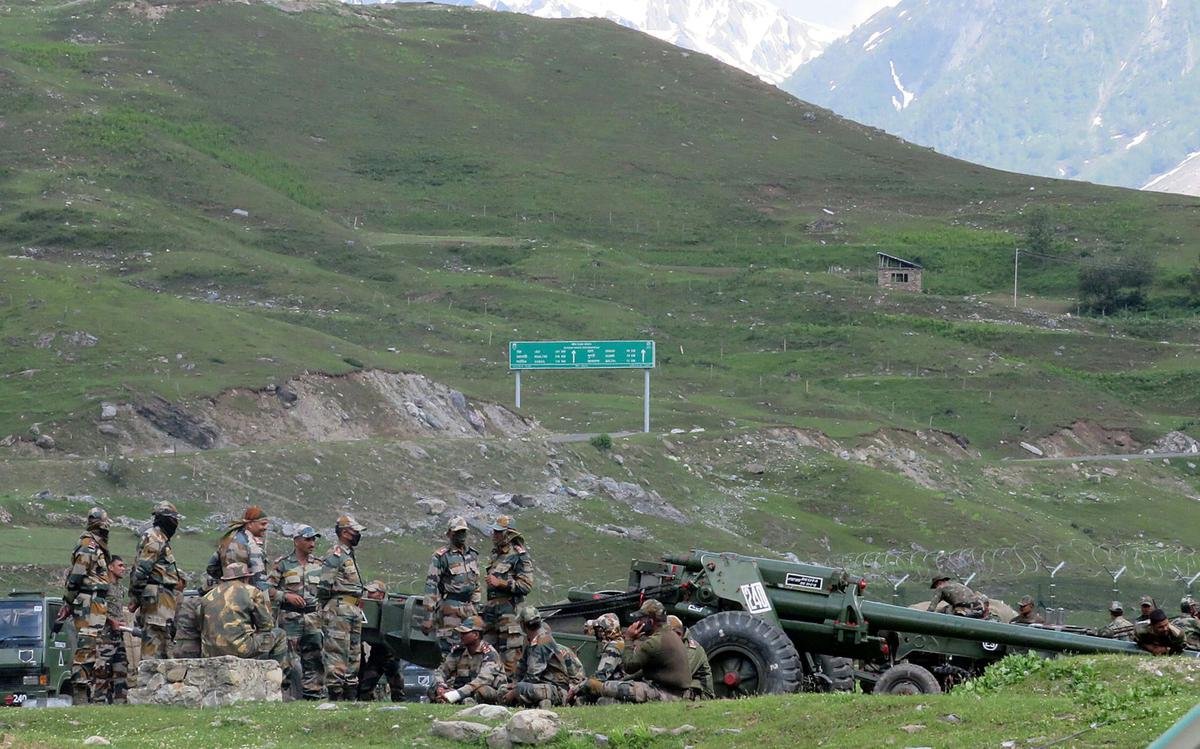Nagaland Police has registered a case against 30 soldiers and officers of the Indian Army in the case of indiscriminate firing and killing 6 laborers. This incident happened in December.
Nagaland Police has registered a case against 30 Indian Army personnel. These jawans have been accused of killing six tribal laborers last year. State Police Chief TJ Longkumer gave this information while talking to reporters in Dimapur.
TJ Longkumer said that the investigation revealed that the correct procedure was not followed during the encounter. “It has come to the fore in the investigation that the operation team did not follow the standard procedure and rules,” he said. He said that the soldiers of Kisena fired indiscriminately and a charge sheet has been filed in this case.

What’s the matter?
The police investigation against the army personnel started after an incident in December last year. After the Indian Army killed 6 civilians in the northeastern state of Nagaland, mistaking them as terrorists, they opened fire on the crowd gathered for the protest and took more lives.
The incident took place when Indian soldiers opened fire on a truck near the Myanmar border. There were laborers in this truck who were returning home after work. Six people died in this firing. When the families of these laborers went out to find them and on getting the bodies, they answered questions to the army, they fired again.
Nagaland police officer Sandeep M Tamagade said, “There was a dispute between the two sides and the security forces opened fire in which seven more people were killed.”
The Indian Army has said that a soldier has died and several soldiers have been injured in a dispute with protesting civilians. The army said the troops were acting “on the basis of credible information” that insurgents were active in the area and were preparing to attack them.
In this regard, the Indian Army had said that “the cause of the incident of unfortunate loss of lives is being investigated at a high level and appropriate action will be taken as per law.” Mon district is about 350 km away from Nagaland’s capital Kohima.It takes more than a day to reach there due to bad roads.

AFSPA is coming to an end gradually
After this incident, the Government of India reduced the scope of the Armed Forces Special Powers Act (AFSPA), a law giving unlimited powers to the Indian Army in many areas of Nagaland.
It was only after the December incident that a high-level committee was constituted by the Center to decide on the issue. Based on his recommendations, it was decided to limit its scope.
Under this decision, this law has been abolished in 23 out of 33 districts of Assam from April 1, while it was partially removed in one district.
The entire Manipur, except the Imphal Municipality area, was declared a disturbed area since 2004. Now 15 police station areas in six districts have been excluded from the list of disturbed areas.
In Arunachal Pradesh, since 2015, AFSPA was in force in 16 police station areas in three districts, a 20-km stretch along the Assam border and nine other districts. Now it will be applicable only in two police station areas of three districts and 1 other district.
In these three districts of the state, the term of this law has been extended for the next six months.
This law was applicable in the whole of Nagaland from the year 1995. The Central Government accepted the recommendation of the committee constituted in this matter to remove AFSPA in a phased manner and 15 police station areas in seven districts of the state have been excluded from the list of disturbed areas. But AFSPA is still in force in the Mon district where the above incident took place.

